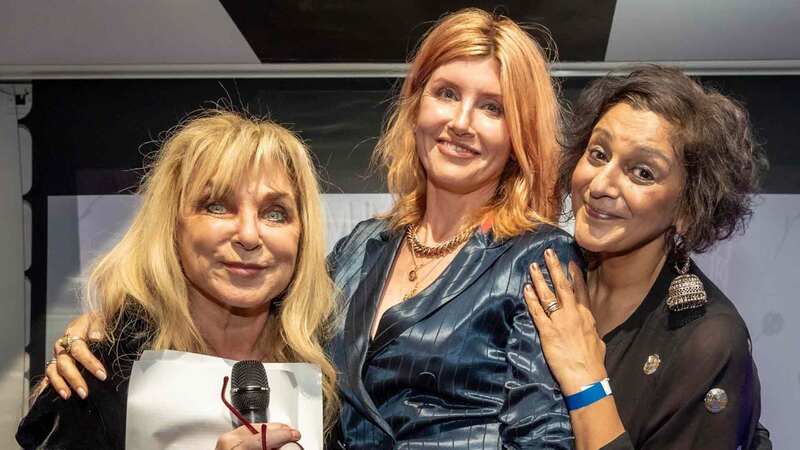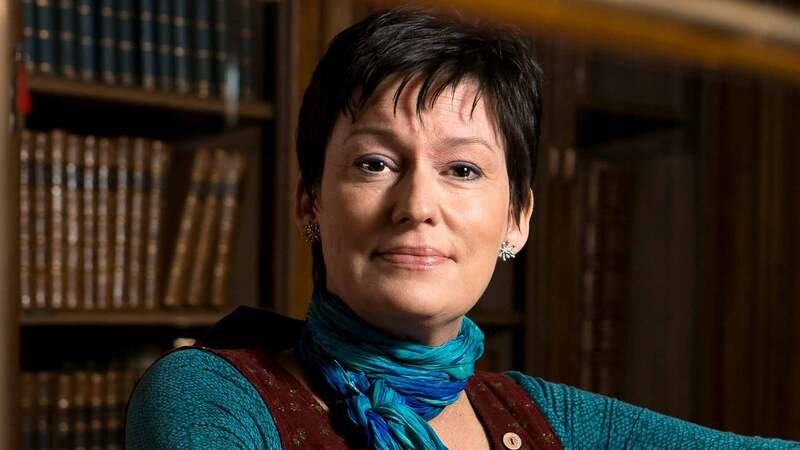You are viewing your 1 free article this month. Login to read more articles.
Censorship focus: Brazil
In Brazil, the erosion of freedom of speech crosses all ideological lines.
In Brazil, the battle over censorship rages on, transcending political boundaries. Whether you lean left or right, the clamour to silence "unacceptable" books, movies, exhibitions and works of art has ramped up across the social spectrum.
On the left, titles old and new are attacked by mobs seeking to "cleanse" literature of anything that could be deemed offensive. Books, even those of decades ago, that are deemed as racist, sexist or simply "outdated" should be edited or outright censored. On the right, there is an equal and opposite outcry against titles that address racism, homophobia or other issues of social justice. And far-right groups are organising to monitor and oust anything that offends "morality".
From protests with threats of violence to pressure on publishers to withdraw titles, the country finds itself amid a bleak cultural stalemate. It’s true that censorship promoted by the right tends to have more immediate consequences, such as the literal banning of books, but the left, especially on the internet, uses its strength to censor through fear of cancellation.
Judith Butler’s visit to Brazil in 2017 was a striking example of how deeply rooted censorship has become within our society. Butler, a philosopher and gender theorist, faced protests that erupted from far-right movements such as the Free Brazil Movement (MBL) and Christian conservatives. It was a jarring spectacle—the very essence of academia, open dialogue, was under siege. The same year, MBL also tried to censor an art exhibition called Queermuseu. Then in 2019, during the Rio de Janeiro Biennale, it turned its attention to a Marvel Avengers comic book celebrating LGBTQ+ themes. This time the then mayor, evangelical conservative Marcelo Crivella, was behind the initiative, using young adult literature to lobby for his own moral beliefs.
Different pressure groups, from left to right, are relentlessly complaining of persecution when, at any given moment, they are doing the same
In November 2023, the government of Santa Catarina, ordered the removal of nine books from public schools, including Clockwork Orange, The Chemistry Between Us and It: The Thing. Another sobering case was the uproar over O Avesso da Pele (The Inside of the Skin), a book addressing anti-racism struggles in Brazil. After it was banned by a single school in southern Brazil, others all over the country followed suit.
On the left, there’s been censorship of Monteiro Lobato, a children’s author beloved by many. Lobato was openly racist and so, although he died in 1948, his works have now been banned from many schools. Works by H P Lovercraft, an author of horror stories for adults, have also been re-written to erase racist and xenophobic passages, and it’s not uncommon for mobs to form on the internet to attack anyone who comments that they’ve read and enjoyed a controversial book such as Lolita.
There has even been pressure for the book industry, the media and brand marketeers to implement vocabulary changes in a trend that has been called freestyle etymology, arguing that certain words hold intrinsically negative meanings. And violence dogs this camp too. In 2017, left-wing activists assaulted and tried to prevent the screening in more than one city of the documentary "The Garden of Afflictions", based on the book of the same name by the far-right philosopher Olavo de Carvalho, one of the ideologues of former president Jair Bolsonaro.
The problem here is not the act of questioning what is obsolete, what is inappropriate, what causes harm. These kinds of debates can fuel important shifts in perspectives and drive necessary progress, and books have always been one of the media through which they take place. The problem is when any healthy, nuanced discussion gets swallowed up by a rising clamour of hate, dichotomous thinking and outright censorship. Different pressure groups, from left to right, are relentlessly complaining of persecution when, at any given moment, they are doing the same.
Brazil’s political factions may differ in ideology, but their intolerance has become indistinguishable, and literature is one of the art forms where it is most viciously playing out. The only hope is for readers, publishers and booksellers to advocate that true progress lies in embracing diverse perspectives, even when discomfort arises.
The road to enlightenment is paved with open minds and courageous conversations. We must confront our biases, challenge our assumptions, and resist the temptation to silence voices that disturb our world view. Only then can we truly claim to uphold the principles of freedom and democracy that we so vehemently defend.




















